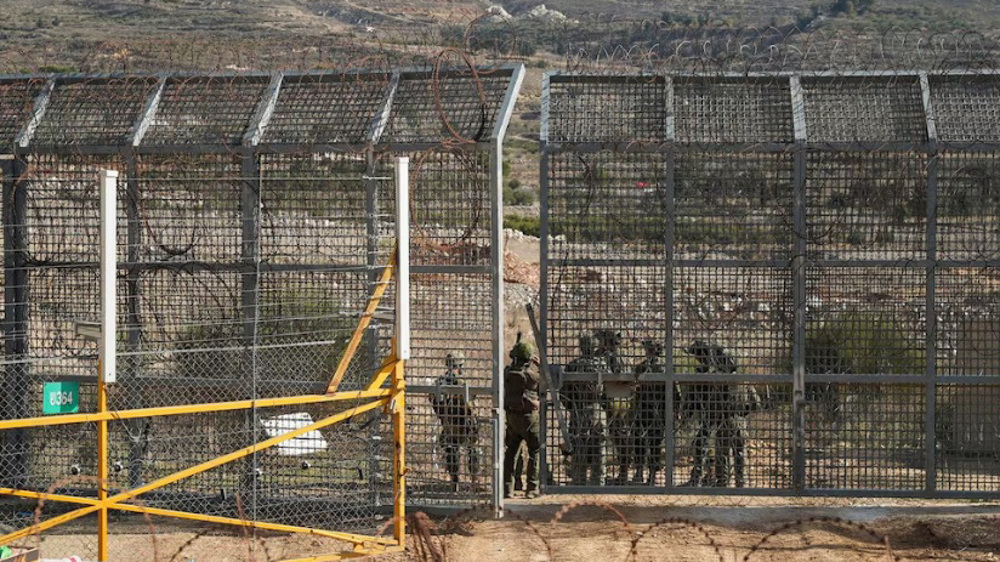Only Syrians must decide President Assad's future: UN chief
United Nations Secretary General Ban Ki-moon has reiterated that only Syrian people must be allowed to decide the future of President Bashar al-Assad.
“The future of Assad must be decided by the Syrian people,” Ban said in an interview with Spanish newspapers published on Saturday.
The remarks came a day after the conclusion of international negotiations aimed at resolving the crisis in Syria, held in the Austrian capital city of Vienna.
The UN secretary general also stated that the crisis has already left a significant number of casualties and caused much damage, calling for broader efforts to end the turmoil.
“The Syrian government insists that President Assad takes part [in any transitional government],” but others, especially Western countries, say that “there is no place for him,” Ban stated.
“But because of that we have lost three years, there have been more than 250,000 dead, more than 13 million displaced within Syria... more than 50 percent of hospitals, schools and infrastructure have been destroyed. There's no time to lose.”
‘Taking talks hostage’
Ban added that participants in the Syria talks should focus on issues other than the future of President Assad.
“It is totally unfair and unreasonable that the fate of one person takes the whole political negotiation process hostage. It is unacceptable,” he said.
In a joint statement at the end of the Vienna talks, the participants said “substantial differences remain” but it was “imperative to accelerate all diplomatic efforts to end the war.”

According to the statement, the participants called on the United Nations to bring together representatives of the Syrian government and opposition to launch “a political process leading to credible, inclusive, non-sectarian governance, followed by a new constitution and elections.”
The international meeting was held in the Austrian capital on Friday. Representatives from Iran, the United States, Turkey, Saudi Arabia, France, Germany, Italy, Egypt, Russia, Jordan, Britain, Qatar, the United Arab Emirates, Iraq, Lebanon, China and Oman attended the talks.
Envoys from the United Nations and the European Union were also present at the meeting.
This was the first time that the Islamic Republic attended such talks after it was denied participation in the previous two rounds - both of which ended inconclusively - under pressure from the US and its allies.
Meeting ICRC head
Ban also met with the president of the International Committee of the Red Cross (ICRC), Peter Maurer in Geneva, Switzerland. The UN chief said after the meeting that he was “encouraged that the participants [of Vienna talks] have reached a mutual understanding on a number of key issues.”

At the end of their meeting, Ban and Maurer issued a joint statement calling on the international community to take immediate action to address growing instability and human suffering around the world and to respect international humanitarian law.
According to the statement, conflicts and violence have forced 60 million people from their homes, the highest figure since World War II.
BP to be sued in Britain for supplying oil to Israel
VIDEO | Press TV's news headlines
Israeli strikes on north Gaza hospital ‘extremely dangerous, terrifying’: Director
VIDEO | Yemen targets Tel Aviv with Palestine 2 missiles
Pezeshkian: Iran resolved to complete North-South Transport Corridor
VIDEO | Iran-Syria: For Resistance
Qassam Brigades claims killing 3 Israeli troops in northern Gaza
More alive than ever: Sayyed Hassan Nasrallah's legacy grows stronger in martyrdom










 This makes it easy to access the Press TV website
This makes it easy to access the Press TV website